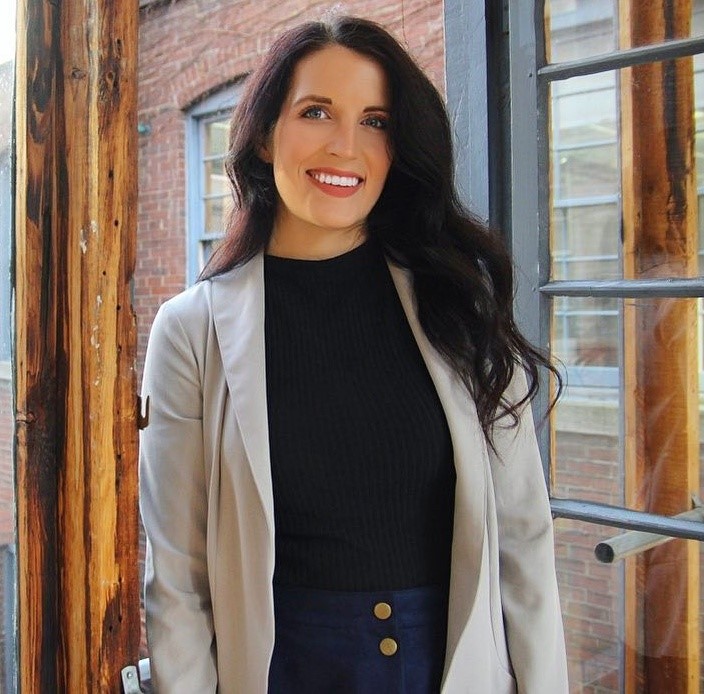|
by Heather Kerrison If you’re anything like me, part of the distress that has come along with COVID-19 stems from the rollback in environmental strides that took years to make. Earlier this year, we saw major retailers such as Sobeys banning the use of plastic shopping bags, restaurants banishing plastic straws and coffee shops incentivising the use of personal cups. When Ontario declared a state of emergency earlier this year, many grocery stores banned reusable bags from entering the store and coffee shops stopped allowing customers to use their own mugs. Because single-use items used for personal protection equipment (PPE) are considered “safe”, there has been a massive uptake in the use and of these products and therefore a huge increase in how many are discarded. Of course, frontline workers need to be adequately protected and we all want to slow the spread and do our part. However, it is troubling to think of not only the rollback of “green” habits such as reusable grocery bags and coffee cups, but the combination of that with the uptake in the use of a suite of single use items. Here are 4 ways you can try to keep your habits “green” during this time: 1. Try Using Reusable Grocery Bags: Some grocery stores have not been allowing reusable personal bags to enter the stores or be used at checkout. In some places the employees are just not able to touch the bags, meaning you could seemingly pack your own groceries and still use them. These measures are understandable as the safety of the workers comes first. Some options include bringing the bags (if able) and packing your groceries yourself. If this creates a stressful situation or slows a line, a great alternative is bringing your cart to your car and bagging them there. Personally, I have been able to use a grocer that allows the bags to come into the store and packing the bags myself. Free reusable bags, among other great resources, are available through the Ontario Government website. These double sided bags feature some Ontario Species at Risk. Source: https://www.publications.gov.on.ca/species-at-risk-reusable-bags 2. Shop Local: this could not be more important. Not only are small businesses struggling and need your support, but by buying local goods, you can cut out the emissions needed to transport materials. I know that ordering from Amazon is all too convenient when we are stuck inside, but many local retailers are offering free delivery or pickup options. Products like beer or coffee can often be sourced locally and delivered – a double win! You can support a small business that may be struggling to make ends meet and forego the extra carbon emissions. 3. Eliminate Food Waste: If you are anything like me, the last couple months have rendered you a meal planning whiz. Trying to decrease trips to grocery stores means making a meal plan ahead of time and a grocery list from that. When you operate in this way, you usually end up using all of the food you purchased and less goes to waste. Food waste equates to a massive amount of water and resources that have gone to waste, so let’s avoid that as much as possible! 4. Get, or Make, a Washable Mask: wearing masks in public places is going to be a reality for many of us for quite some time. If you are not a frontline worker, try to stay away from single-use PPE and instead opt for a reusable mask that you can wash after each use. Many shops have started making masks but if you have yet to find a seller in your area, try making one yourself! Source: "Non-medial masks and face coverings: Sew and no-sew instructions". (2020). Government of Canada. Internet: https://www.canada.ca/en/public-health/services/diseases/2019-novel-coronavirus-infection/prevention-risks/sew-no-sew-instructions-non-medical-masks-face-coverings.html It is my deep hope that we can each do our part to keep up with green initiatives that are so important for not only our own well-being, but the well-being of this wonderful planet that we all call home. These are new waters to navigate, but it is imperative that we do our best to maintain environmentally friendly habits. Additionally, in the vast unknown of this unprecedented time, it is nice to feel like you are doing what you can to keep our planet healthy.
1 Comment
|
ELB MembersBlogs are written by ELB members who want to share their stories about Ontario's biodiversity. Archives
January 2023
Categories
All
|




 RSS Feed
RSS Feed